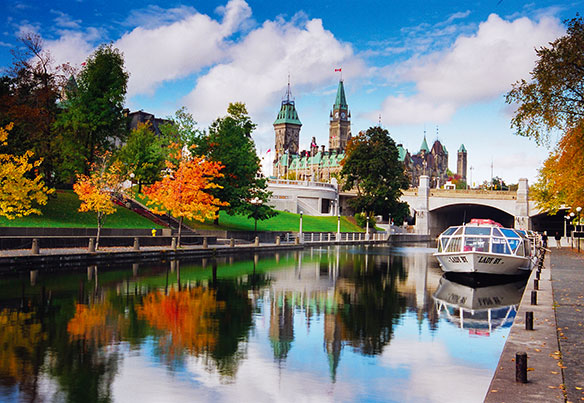Remove The Obstacles

A group of Canadian doctors are reinforcing sentiments from the medical community across the country and joining the Canadian Travel and Tourism Roundtable (The Roundtable) in calling on the federal government to remove unnecessary and non-science-based obstacles to international travel, such as the pre-departure and on-arrival PCR tests for fully vaccinated travellers.
Canada’s current COVID-19 travel restrictions are obsolete and out of step with other countries worldwide, including the United Kingdom, Switzerland, and Denmark, which have removed all testing requirements at their respective borders for fully vaccinated travellers, acknowledging a different phase of pandemic management. Further, the vast majority of Canadian travellers are fully vaccinated, as is the industry which serves them.
Dr. Zain Chagla, Infectious Diseases Physician and Associate Professor at McMaster University, said that: “COVID-19 testing at the border does not make any sense; travel is no more risky than other activities and there is no scientific reason to single it out.”
Dr. Chagla continued: “When first put in place, Canada’s travel rules were designed to keep COVID-19 out of the country. Now that the virus is here and community spread is responsible for approximately 99% of all infections, the rules governing travel are obsolete.”
Dr. Dominik Mertz, Division Director of Infectious Diseases at McMaster University, pointed out that: “There are higher risk, domestic settings that vaccinated people can access without testing than travelling internationally. The travel barriers the federal government has put in place to slow the arrival of COVID-19 no longer make sense and should be eliminated.”
Dr. Mertz said that: “PCR tests often deliver positive results for weeks to a couple of months after a COVID-19 diagnosis. This reality presents a challenge for those infected during the Omicron wave while no longer having access to PCR testing in Canada. These Canadians may be facing a first positive test in the pre-departure testing abroad and as such may be unable to return – while no longer infectious and in fact, being the best protected travellers.”
Dr. Mertz concluded: “This policy is unnecessarily stranding Canadian’s abroad, leading to travel delays, financial penalties and potentially hazardous quarantine locations.”
Since the pandemic’s beginning, the travel and tourism sector has made significant investments to ensure the health and safety of travelling Canadians.
The Roundtable is calling on the federal government to provide a swift re-opening timeline for the sector, as all other industries across the country have received.
The pandemic, vaccination status, and available science have evolved; so too should the response and measures to keep Canadians safe while allowing the travel and tourism industry to re-open.


